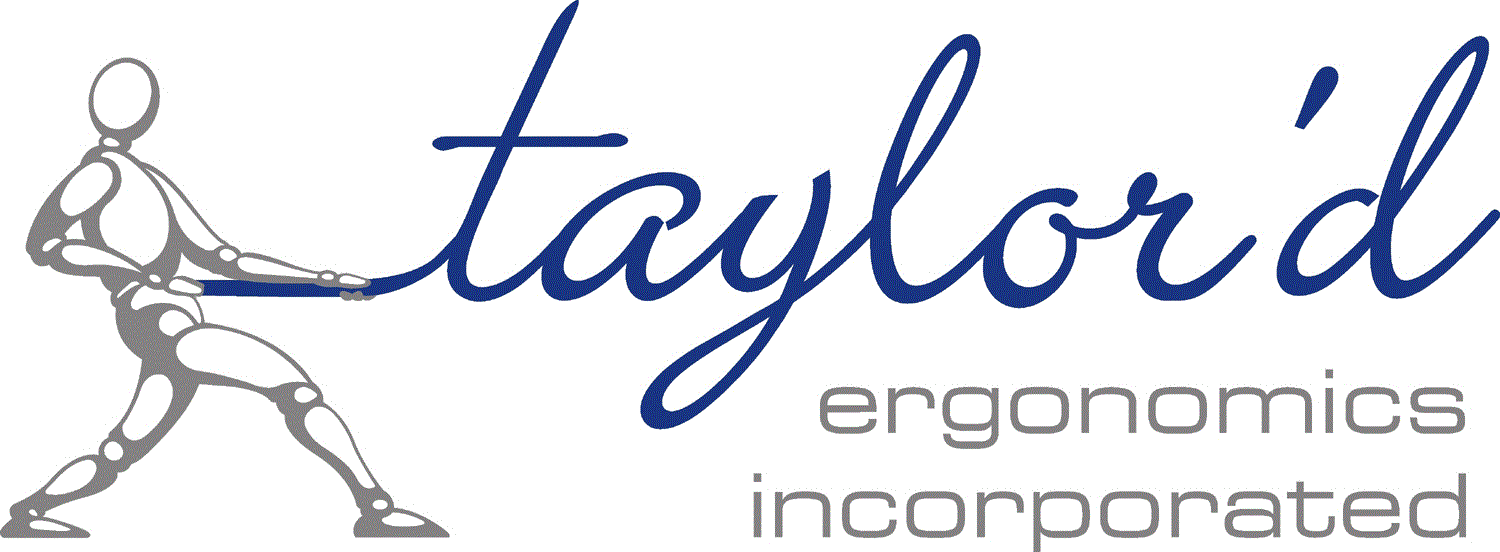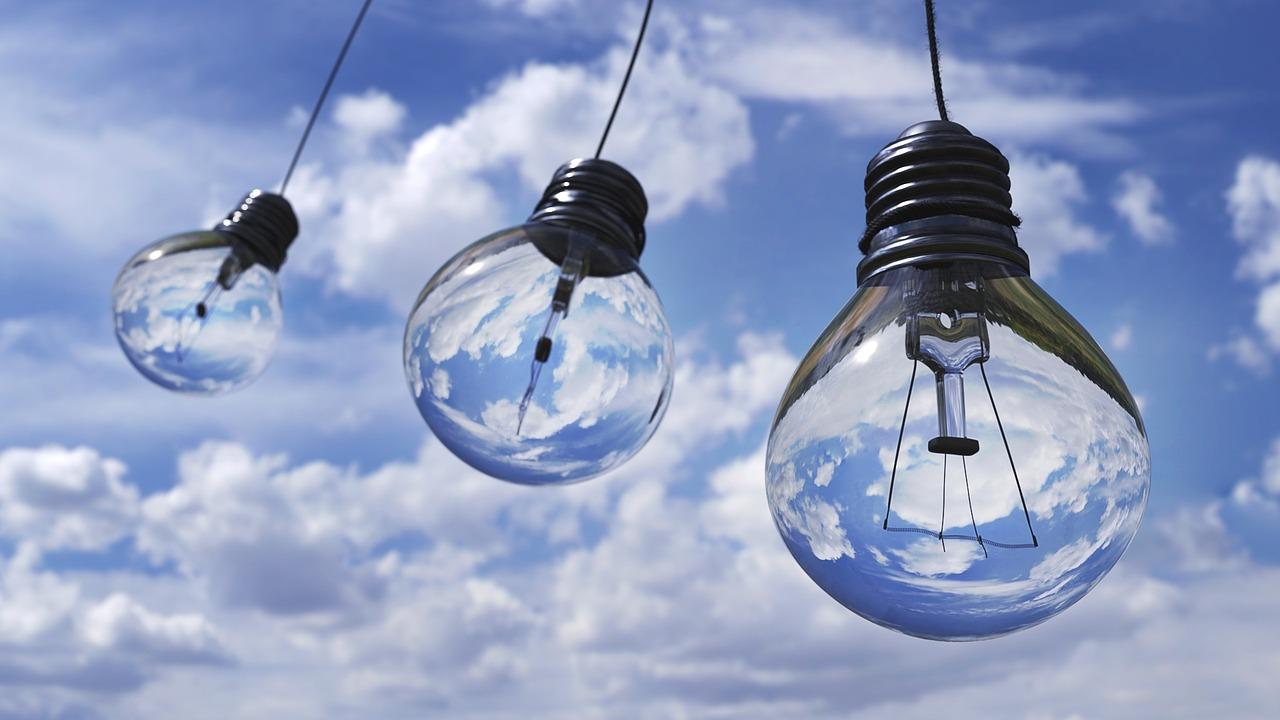Most parents have attempted to impose limits on the use of tech devices before bedtime, because we know that it’s hard to fall asleep after that last game of crushing candies. (And, for once, it’s not sugar that is the culprit!) Did you know that the light emanating from electronic screens actually stimulates the brain, making it physiologically harder to fall asleep? According to an article in Scientific American (Jabr, November, 2016), the human eye is particularly sensitive to blue light, which is emitted by the sun and most electronic devices; photoreceptors send signals to the brain that stop us from producing melatonin, a hormone that helps us to fall asleep. The message: when you want to feel alert and awake, exposure to LED-backlit screens is helpful, but when you want to rest, you should limit exposure to this type of light.
How to do this, when you absolutely have to look at your phone before bed, or during the night? My iPhone 6s has a display setting called “night shift” that limits the blue end of the spectrum after sunset and before sunrise. I can adjust how “warm” I want the screen to appear. I admit that my eyes (now needing reading glasses) have more difficulty reading the “warm” screen at night, but this is nothing that my glasses can’t handle. This effect is also available on other Windows devices, using software that you can download.
So if limiting exposure to light can help you fall asleep, would increasing exposure to light help you wake up in the morning? Yes, indeed! Wake up lights are also emerging in the market. These lights come on gradually, starting about a half hour before the alarm goes off. The light signals the brain that it’s morning, even when the sun has not risen (or the blinds are closed). Morning light provides a cue, a “zeitgeber”. (I remember learning this word in an undergrad psych course – I was happy to see value in my high school German, beyond the culinary realm. Zeitgeber is German for “time giver”.) Josie and Carrie recently started using wake up lights and we’re both finding that they help us wake up. (They can’t make up for a lack of sleep, of course, but they do allow a gentler wake-up than the alarm.) We both report that we are typically awake before the alarm goes off. Think of the benefits these might have for shift workers, who are often trying to sleep when the rest of us are awake, and stay awake while we sleep.
In a world where it’s necessary to stay up after sunset, and to wake up before the sun, I’m grateful for some measure of control over simulated sunshine!


